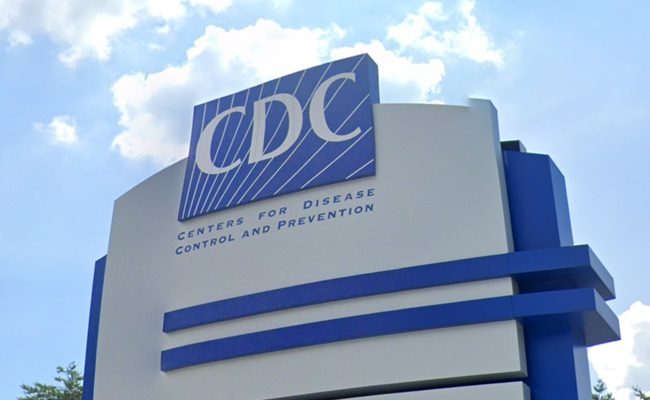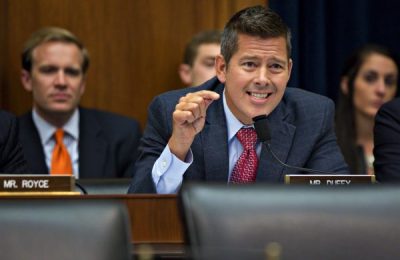The United States (U.S.) has witnessed a surge in cases of walking pneumonia among children this year, with experts warning that those with prolonged coughs may need alternative antibiotic treatments.
According to CNN, Dr Buddy Creech, a paediatric infectious disease specialist at Vanderbilt University Medical Center, reported that the rise in cases has been on their radar since early summer, coinciding with concerns raised by local paediatricians noticing the ineffectiveness of standard antibiotics like amoxicillin.
The infections are attributed to Mycoplasma pneumoniae, a type of bacteria that spreads through respiratory droplets, commonly in crowded places such as schools and dormitories. This specific bacteria does not respond to first-line antibiotics like amoxicillin and penicillin, requiring alternatives like azithromycin, according to the Centers for Disease Control and Prevention (CDC).

Data from the CDC indicate that Mycoplasma cases in children aged two to four have climbed from 1% in April to 7.2% in October, while rates in older children doubled, showing a significant increase over the same period. Although cases peaked in August, levels remain elevated and may stay high for another month before potentially tapering off.
Walking pneumonia is distinguishable on X-rays, often giving lungs a “white lung” appearance. Children with Mycoplasma infections typically exhibit symptoms gradually, starting with a headache, sore throat, mild fever, and chills.
Unlike typical pneumonia, the cough remains dry and escalates slowly over weeks. However, many children recover without treatment, though infections can worsen conditions like asthma and may rarely spread to other parts of the body.
Dr. Geoffrey Weinberg, a paediatric infectious disease expert at the University of Rochester Medical Center, suggested that the recent spike could reflect a return to pre-pandemic infection cycles and advancements in testing that enable faster detection of Mycoplasma and similar bacteria.

As a result of the rise in respiratory illnesses, including whooping cough and respiratory syncytial virus (RSV), experts have urged healthcare providers to utilise advanced diagnostic tests to ensure accurate treatment, especially as common antibiotics prove ineffective against Mycoplasma.
READ ALSO FROM NIGERIAN TRIBUNE







